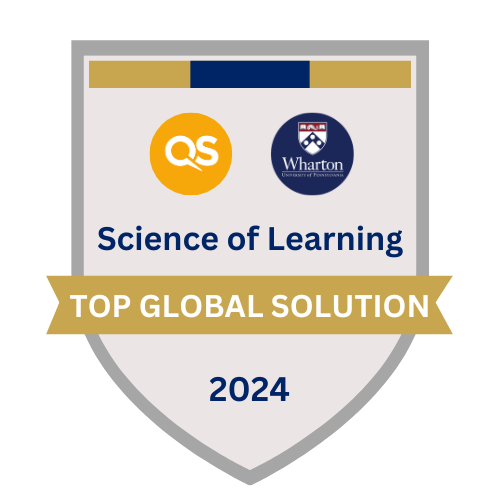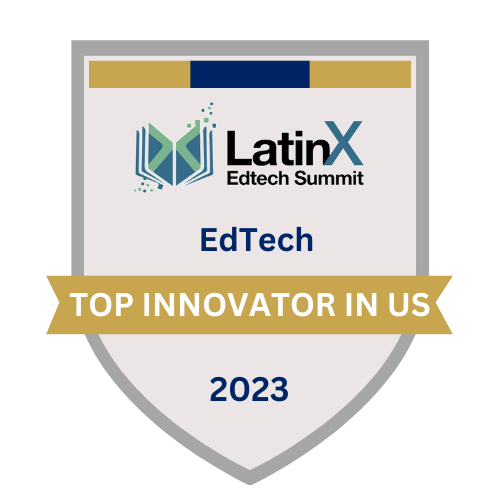College Readiness
Improving College Readiness
College readiness is more than meeting test benchmark, it’s about equipping students with the knowledge, skills, and habits to succeed in postsecondary education. Yet, fewer than half of U.S. graduates meet college-readiness standards, and many are placed in remedial courses that delay or derail degree completion. The challenge is especially pronounced among students from low-income and underrepresented communities. COGx addresses this gap by helping students develop the cognitive
College Readiness:
U.S. by the Numbers

Learning is a scientific process, and for students to learn optimally they must be taught (Bjork, 2013: Dunlosky 2021). Students use ineffective techniques such as highlighting and re-reading, with limited success. Such strategies are rooted in the misconception about learning (Bjork & Bjork, 2011).
Completion
of students at four-year institutions graduate within six years, leaving nearly 2 in 5 without a degree. (U.S. Department of Education, NCES / IPEDS, 2023)
students earn a degree on time (within two years) in community colleges; roughly 1 in 3 complete within three years. (U.S. Department of Education, IPEDS, 2023)
of students are proficient in reading and math by 8th grade (NAEP, 2022)
Remedial Courses
college freshmen take at least one remedial or developmental course, most commonly in math or reading. (U.S. Department of Education, NCES via Inside Higher Ed, 2023)
Issue: Students placed into remedial courses are significantly less likely to earn a degree or credential. (National Center for Education Statistics, 2023)
Benchmark Unmet
of graduates met all four ACT college-readiness benchmarks (English, Reading, Math, Science) in 2023.
of students met the ACT STEM College Readiness Benchmark in 2023, down from 20 percent in 2018-19
School Level
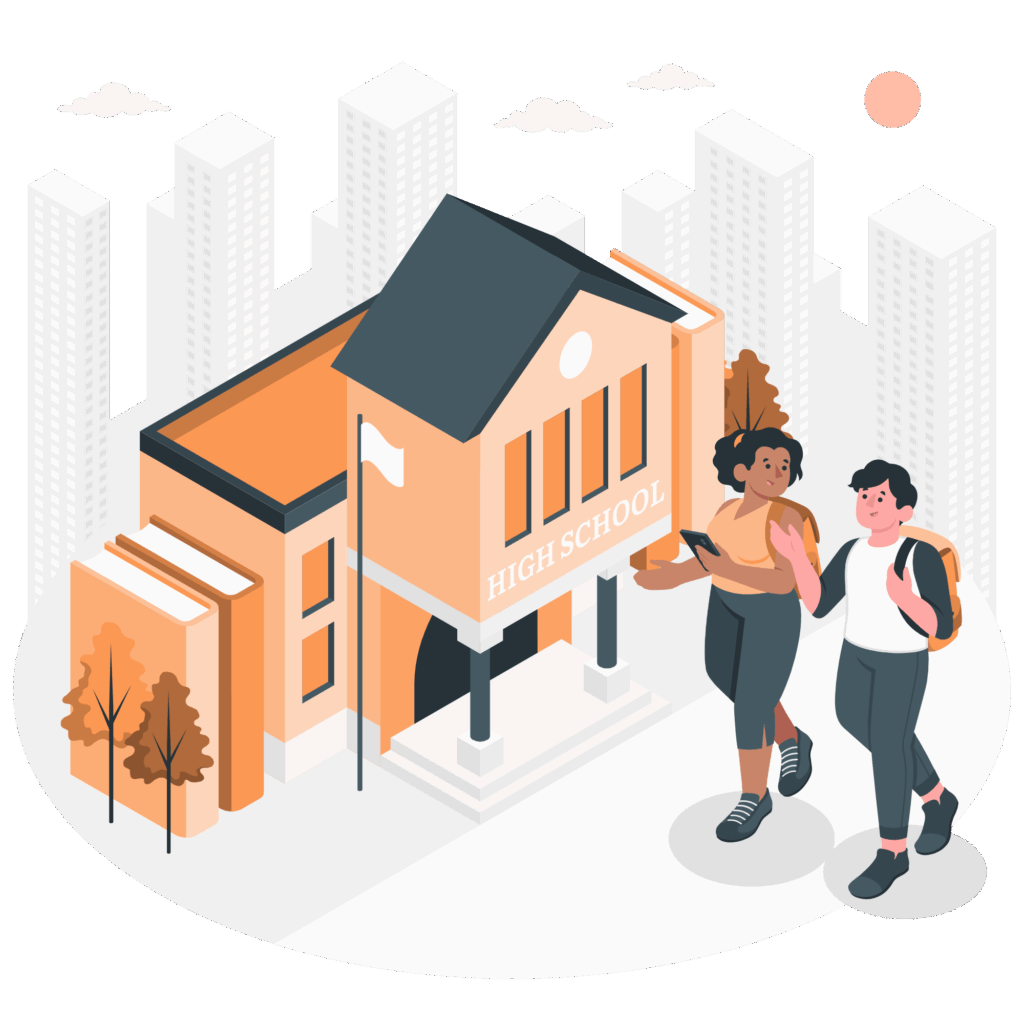
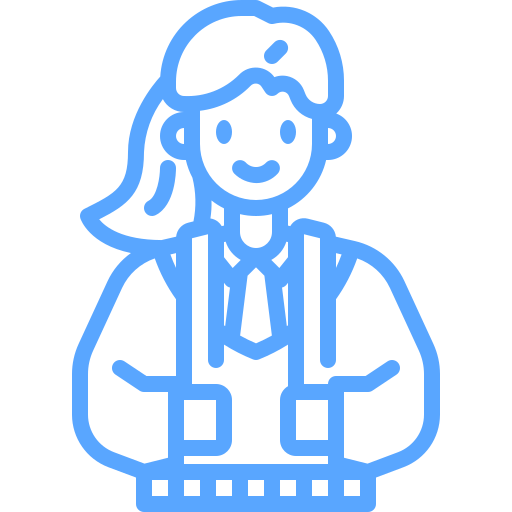
Grade 12 (National Averages – NAEP, 2024)
26% of 8th graders scored at or above Proficient in Math.
29% of 8th graders scored at or above Proficient in Reading.
33% of 8th graders scored at or above Proficient in Science
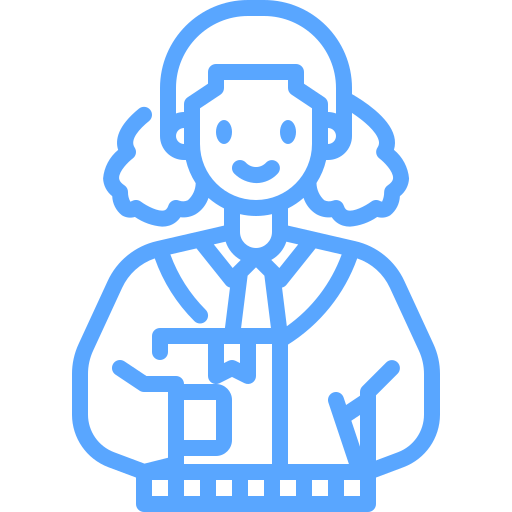
Grade 8 (National Averages – NAEP, 2024)
22% of students were at or above Proficient in Math.
35% of students were at or above Proficient in Reading.
A global crisis is emerging of learners of all ages being unprepared for future employment and prosperity, increasing achievement and opportunity gaps (UNESCO, 2023) with “uneducated, uninspired, and unskilled” learners (UNICEF, 2022). By 2030, there will be a global human talent shortage of over 85 million people, causing an $8.5 trillion loss to global GDP (Korn Ferry, 2023).
The Way Forward? Rethink How We Teach Learning
Learning How to Learn
Learning is a scientific process, and for students to learn optimally they must be taught (Bjork, 2013: Dunlosky 2021). Students use ineffective techniques such as highlighting and re-reading, with limited success. Such strategies are rooted in the misconception about learning (Bjork & Bjork, 2011). These habits stem from common misconceptions about how memory and knowledge actually develop.
When students instead understand the principles behind effective learning they gain the ability to manage their own learning, adapt to new challenges, and think critically about how they learn best. These are the very capabilities that support success in higher education and beyond.
The Skills Gap
The most valuable skills in today’s economy aren’t the ones most schools are designed to teach. At the base, classrooms focus on content mastery and academic performance. At the top, employers and colleges seek durable skills like critical thinking, creativity, collaboration, and communication.
Between the two lies a persistent gap: the cognitive skills that enable higher-order thinking. These skills such as processing skills, managing skills, applying skills, monitoring skills and affective & behavioral skills are rarely taught explicitly, yet they are required to make durable skills possible. Strengthening them transforms classroom knowledge into lifelong learning capability.


COGx Program for Students (Middle School–College)
In this program, students gain the tools to become independent, lifelong learners. Grounded in the Science of Learning, the program helps them strengthen cognitive skills through practical strategies they can apply across subjects. With guided practice and reflection, students learn how to learn, turning knowledge into lasting capability. The program is available in multiple versions to meet the needs of different age groups and learning abilities
Tailored to Every Classroom
COGx programs are designed to be flexible and adaptable. Through a collaborative model, educators serve as facilitators who bring the Science of Learning to life in their classrooms while schools and districts customize the program to align with their priorities, schedules, and learner needs. This ensures every implementation feels relevant, manageable, and impactful.
Available for 3 levels
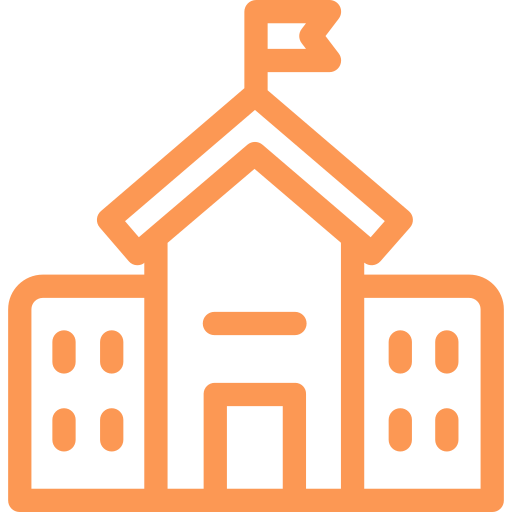
Middle School
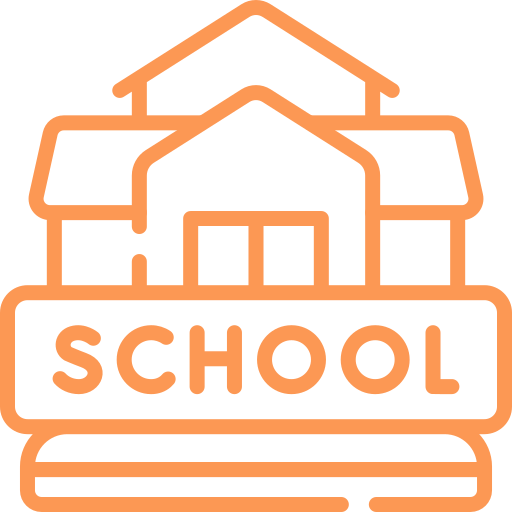
High School

College
Delivered in 3 languages

English
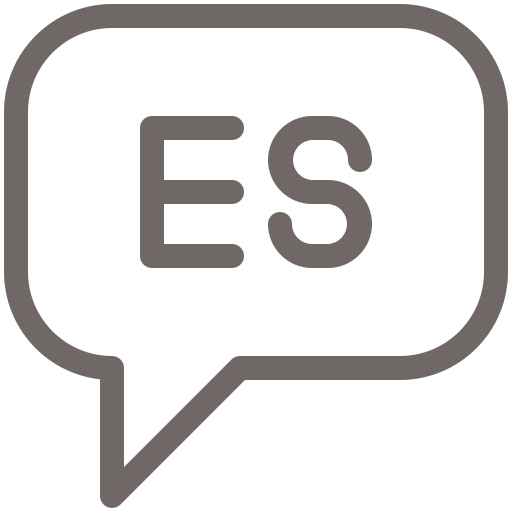
Spanish
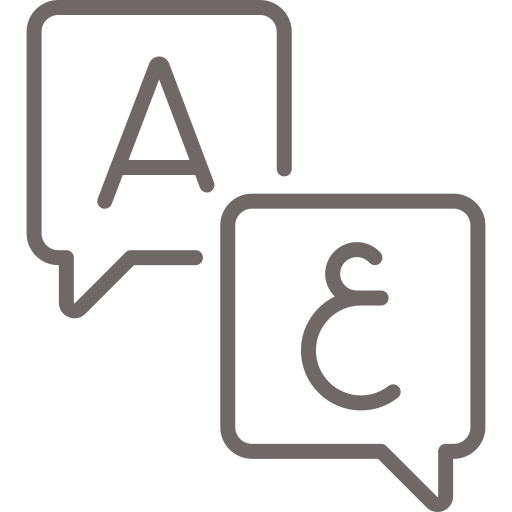
Arabic
COGx Impact
Countries
COGx is proud to have collaborated with over 20 countries adopting to local language and culture.
Self-Efficacy
Within two months of engaging in the COGx Student program, surveys revealed a 24% increase in students’ confidence in themselves as learners.
Metacognition
COGx Improves Metacognition by 1.6 Standard Deviation, which is better than 1 year of schooling!

